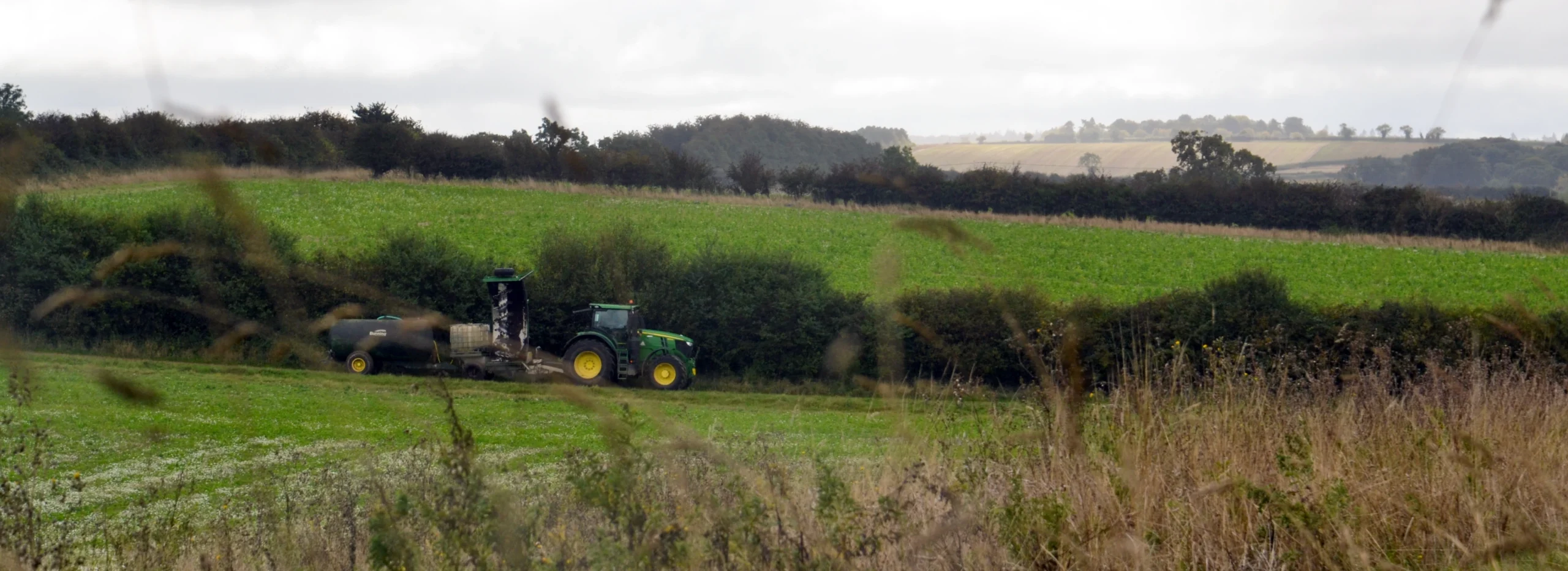


We’re very excited to announce that the farm here is converting to organic! Most of the freshwater marshes will also be switching to organic.
This means that almost all (more later) of Wild Ken Hill is free from chemicals, as the rewilding has been organic already for five years. It also means that in two years’ time, we will be able to market produce from the arable farm as organic.
The Soil Association is the UK’s leading organic farming organisation. In their words,
“Organic is a system of farming and food production. Organic farmers aim to produce high-quality food, using methods that benefit our whole food system, from people to planet, plant health to animal welfare”.
In practice, organic farming involves the usage of fewer pesticides and artificial fertilisers – usually none altogether in fact. A strict set of standards governs this in the UK.
Many readers will know that we have been farming “regeneratively” on the arable land at Wild Ken Hill. In effect, this means we are focused on improving soil health as we farm.
Led by our Estate Director Nick, we have been extremely focused on this, innovating at every step, experimenting furiously, and learning tremendous amounts.
We are now at a stage on our journey where we can leverage the Soil Food Web to grow crops, rather than needing any pesticides or artificial fertilisers. We’ve been drastically cutting chemical usage for years, but now we’re ready to eliminate the small amounts of residual usage.
Our North Star on the farm will still be soil health. First and foremost, we are regenerative farmers. Becoming organic is really a byproduct of this approach. But it’s a byproduct and bonus that we’re really proud of.
Nick said of the switch: “To wean ourselves off chemicals is a fantastic milestone. It’s a great sign of how we have learnt to work with nature and not against it. We’re now looking forward to going through the conversion process and bringing organic produce to market from 2026”
Using no pesticides and artificial fertilisers in a farm system leads to a range of benefits.
Insects as well as fungi in the soil should proliferate (although we haven’t used insecticide at Wild Ken Hill for over a decade, and no fungicide for 2 years either). This should lead to even better biodiversity on the farm, something we have already won awards for.
The quality of the grains and legumes grown on the farm should also increase. This means our produce will contain more nutrition and taste better as a final product.
Soil Association Chief Executive Helen Browning said: “It has been a delight to watch the journey that Ken Hill has been on these past few years. Their efforts, incorporating wildlife and plant diversity into their business, are living proof that food production and nature can thrive in perfect harmony together. The farm already embodies the values of organic in prioritising the health of soils, ecosystems and people, so I am thrilled they are joining the movement. I can’t wait to see what they do next to bring healthy, sustainable food that people can trust to people’s shopping baskets.”
Well, firstly, that’s not a word we use around Wild Ken Hill. Weeds are plants too!
But in all seriousness, readers who know their farming or gardening will appreciate that working without chemicals presents its own challenges.
This is where Nick’s expertise comes in. Nick has recently become has become the first British farmer to train and qualify as a Consultant for the Soil Food Web, a trademarked programme developed by global leading soil scientist Dr Elaine Ingham.
Nick has carefully been restoring the soil health at Wild Ken Hill, using practices such as minimum tillage, cover cropping, and polycropping. Most recently, improvements to soil health have been made through applications of a home-grown compost.
One of the many benefits of restoring soil health – in particular improving the balance of fungi and bacteria in the soil – is that yield-robbing plants like brome, blackgrass or thistle perform less well.
We’re also using certain pieces of machinery to remove plants like this mechanically, rather than with chemicals. Overall, we’re therefore feeling confident we can grow good volumes of healthy food that’s good for people and the planet! As ever, we’ll share our progress on this front!